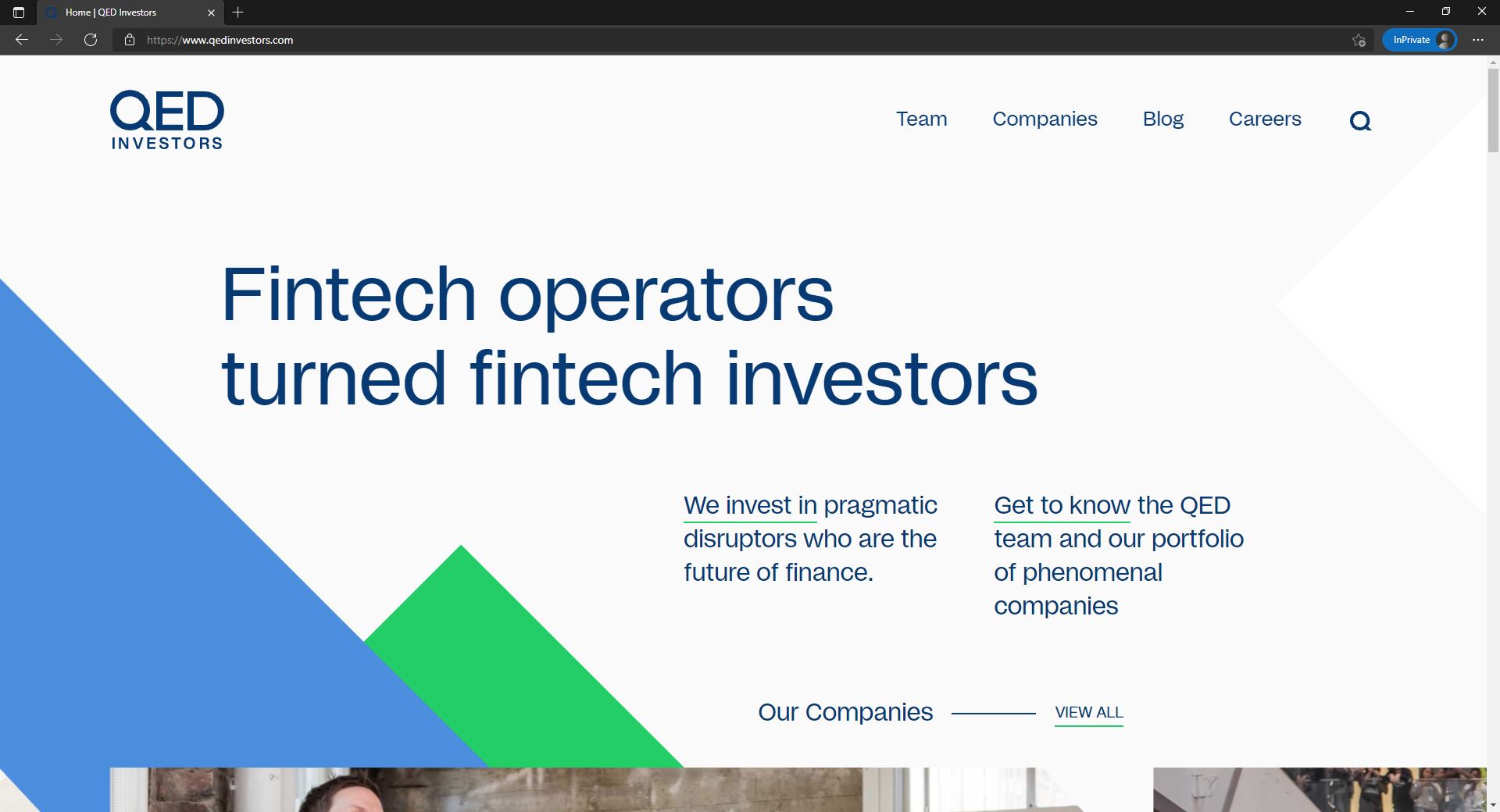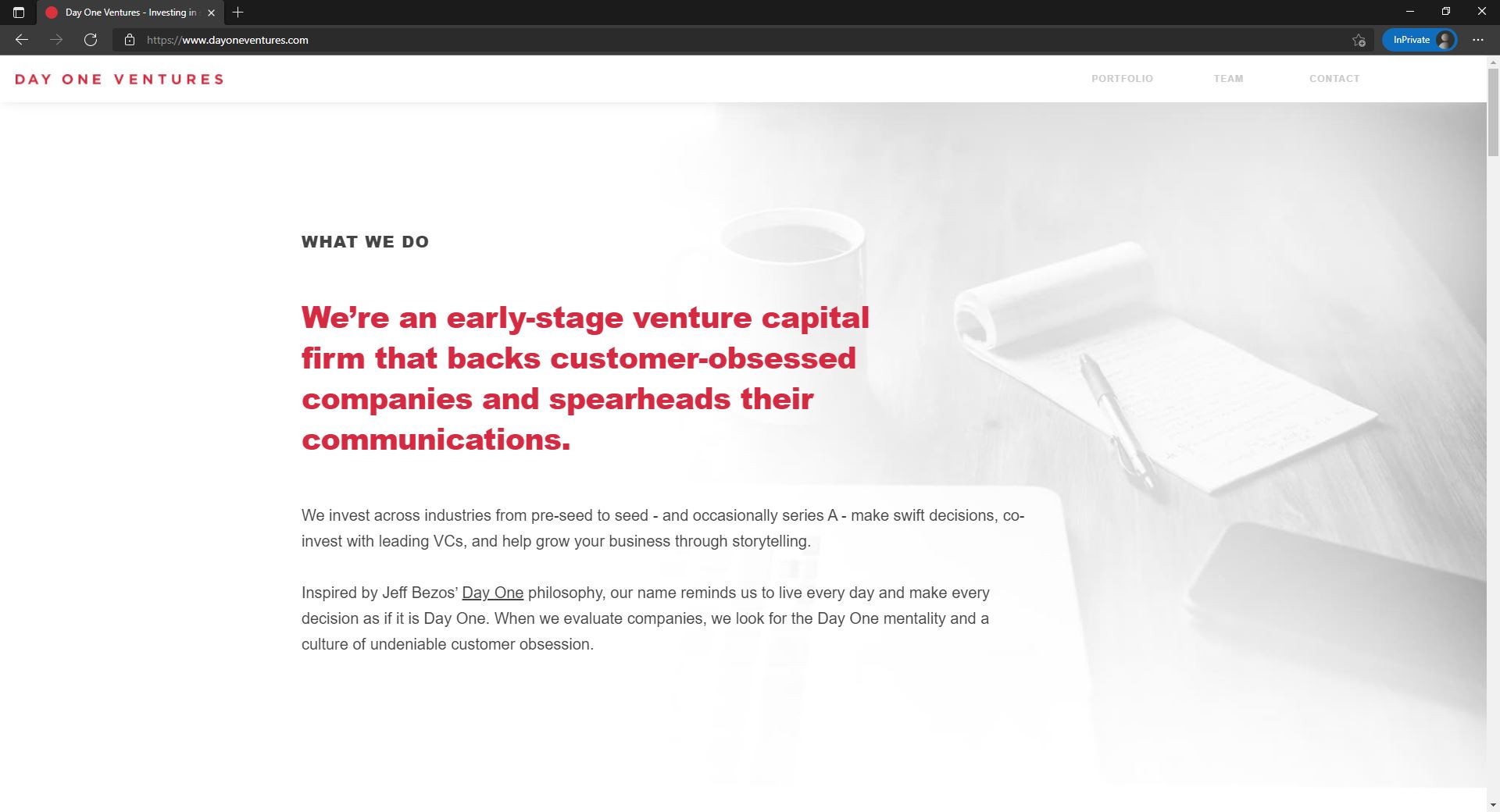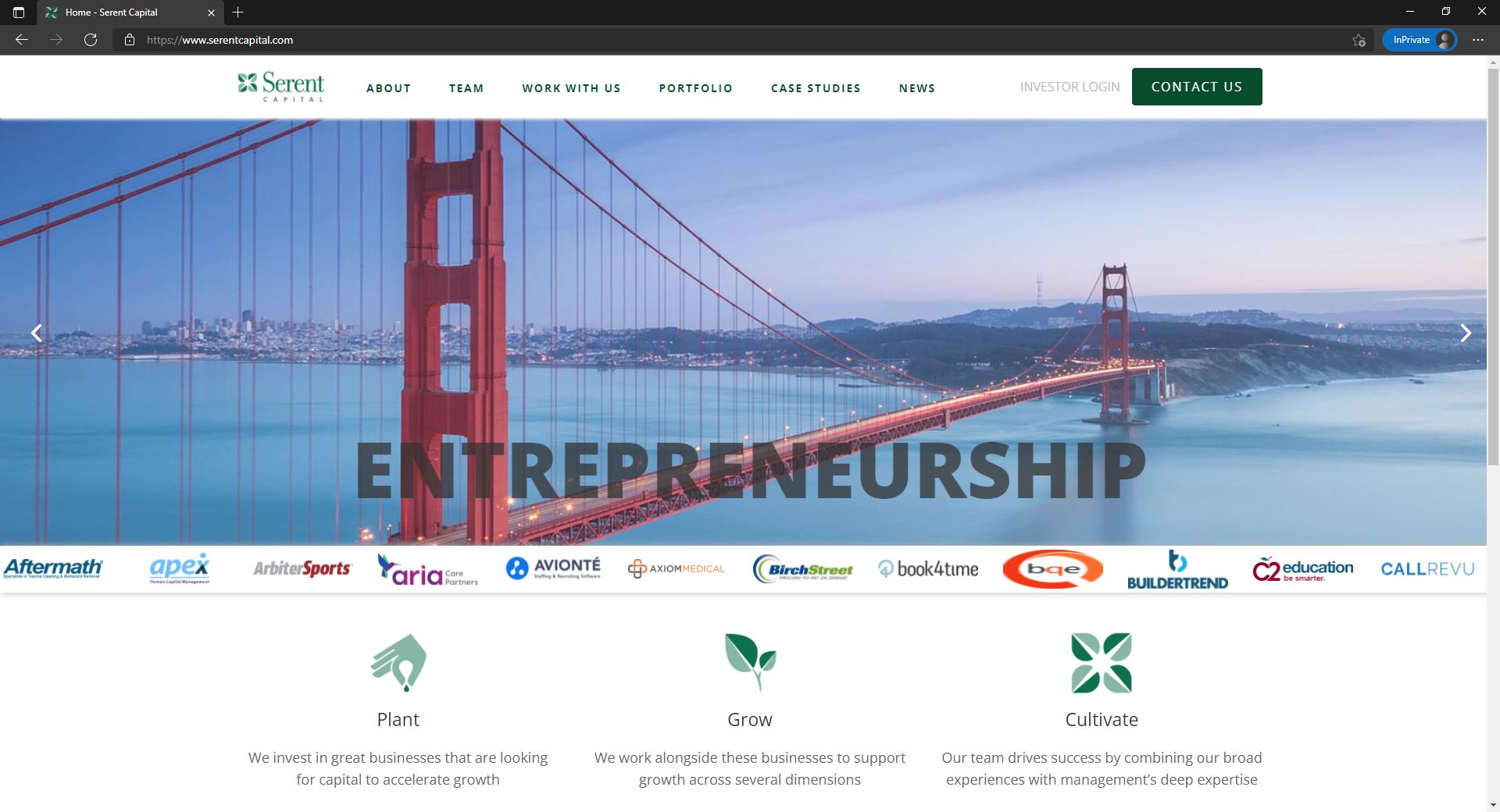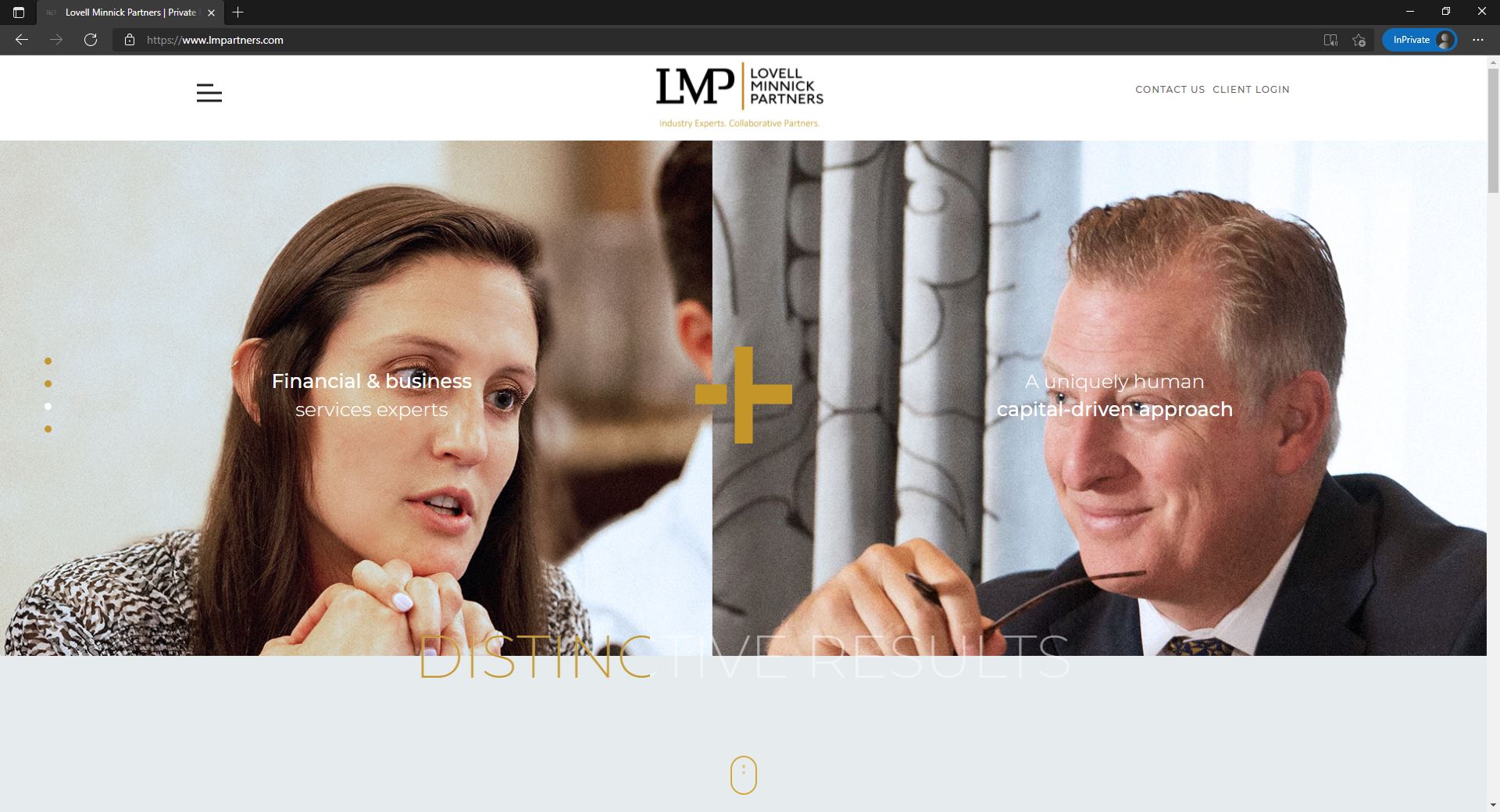Top 8 Investment Firms Trusted As Powerhouse for Fintechpreneurs
Entrepreneurs may start companies for a variety of different reasons and motivations, but sooner or later they will face the challenge of raising the funds they need to grow their business. In one EY Global Capital Confidence Barometer, when private company owners were asked to name the most significant challenge to their growth plans, the most popular answer was “Access to capital”.
PE and VC Firms – Powerful Players Behind the Financial Services Industry
Over the past decade, the US financial system has reached a state of robust health and the financial services sector has maintained a high level of interest among private equity (PE) firms. Financial services-focused PE firms have increased in number and become more prominent, especially with entrepreneurs looking to exploit the fintech niche.
Since the pandemic hit, many PE firms have stepped up to support their portfolio companies in myriad ways. These companies seem to appreciate PE’s management input and industry connections as much as the capital they provide. Now let’s discover 8 financial services-focused PE firms from Inc.’s annual list recognizing 146 names that entrepreneurs can trust and collaborate with while receiving the financial support needed to help accelerate growth.
Top 8 Financial Services-Focused Investment Firms
#1: Clocktower Technology Ventures – The Distinct Value-Add Offerer

Launched in 2015, Clocktower Technology Ventures is a Santa Monica-based venture capital business focused exclusively on fintech. The firm supports leading companies across all sectors of financial services, including lending, credit & banking, payments, capital markets & investments, enterprise financial stack, real estate finance, etc. Its distinctive approach to fintech venture capital is crafted around a curated network of global macroeconomic thinkers and investors.
Clocktower Technology Ventures seeks to partner with phenomenal entrepreneurs who have the vision and drive to reinvent financial services, investing from the earliest seeds of startup life to businesses scaling for growth. It invests in fintech companies opportunistically, maintaining a diversified, non-thematic portfolio across the financial services innovation landscape.
“We tell our founders when we invest that we will act as collaborative partners, looking to be cheerleaders more than shareholders. We want to support our founders by connecting them to differentially accretive relationships across Clocktower’s ecosystem that can provide insight, opportunities, ideas, and resources. Our whole job is to be a connector. This can take a lot of forms, and mean a lot of things, but ultimately our focus is putting people together in ways that allow them to maximize the potential of their relationship and shared interest,” said Ben Savage, Clocktower Technology Ventures Partner.
#2: QED Investors – The Premier VC with a Singular Focus

QED Investors has been known for its singular focus on fintech since its inception in 2007. As there is no silver bullet to solve the myriad problems a founder can encounter across compliance, operations, tech, and credit risk, QED’s comparative advantage comes in hand. Its core competence in understanding fintech and banking allows the firm to play in various segments – early stage, later stage, different geographies.
The firm invests in pragmatic disruptors who are the future of finance. QED works side-by-side with CEOs, applying a rigorous, hypothesis-driven approach that identifies investment opportunities that are well-positioned in the marketplace. Being CEO-centric sets it apart from other investors. Its fintech expertise, operator experience, and industry connections have generated more demand than ever among CEOs looking to partner with QED.
“An undeniable truth 13 years since our inception, we have the three solid pillars a cutting-edge VC firm needs – Capital, a phenomenal top-notch team of investors and a robust pipeline. The wind is at our back and we have never been more excited to continue to invest in the founders who are bringing transparency and fairness to financial services.”, said Nigel Morris, Co-Founder and Managing Partner of QED.
#3: Day One Ventures – A New Generation with a New Model

In the current environment, the best startups have no shortage of investment offers, causing them to look for more than just capital. This has given rise to a new generation whose unique value-add enables them to get into the most competitive deals. Founded in 2018, Day One is pioneering a novel model in VC by leading the public relations, marketing, and communications for its companies, helping them shape their story, develop strategies, secure coverage in top-tier media, and more.
Fintech is one out of eight key spaces that the firm is looking to invest in. As Founder and General Partner Mash Drokova believes, it will be one of the most impactful areas for society and business in the coming years. Drokova says the firm wants to invest in companies that would fundamentally change industries and solve some of today’s biggest challenges – social, business, or otherwise.
“When we make investments, we try to understand: would we be helpful with PR? If the company is really good, but there is no story, or it’s really hard to see the story, then it’s unlikely we’d want to invest,” Drokova said. “We see ourselves as a founder-obsessed fund that looks at company culture, in addition to product, market, and team. We are searching for customer-focused companies and calling them Day One companies.”
#4: Waterfall Asset Management – Both a Capital Partner and a Growth Partner

Since its founding in 2005, Waterfall has been principled in entrepreneurship and creativity to provide capital solutions to leading financial services businesses, from emerging innovators to seasoned and incumbent market-share leaders. The firm utilizes a thematic approach to investing in structured credit, loan products, and private equity, and invests across multiple sectors of the specialty finance and financial technology industries.
The firm has a large team of on-staff advisors that maintain relationships with an entirely institutional client base that includes pooled investment vehicles, retirement plans, investment companies, and more. It builds partnerships with management to augment practices across sales, customer excellence, compliance & integrity, data intelligence, technology enablement, risk management, product innovation, and capital efficiency.
“Our private equity team enjoys the journey of building a business in partnership with competitive and passionate management teams – we are builders at heart. It is an immense honor that the management teams of our portfolio companies have expressed their conviction in our contributions to their growth,” said Gene Weil, Co-Head of Private Equity at Waterfall Asset Management.
#5: FTV Capital – One of the Most Prominent PE Fintech Players

Founded in 1998, FTV Capital is a multi-stage PE firm focused on providing capital to high-growth companies. The firm assists its companies with expansion strategy; budgeting and financial functions; M&A guidance for acquisitions; merger, sale & IPO support; additional capital procurement, and more. Using a founder-friendly flexible capital approach integrating four essential elements – sector expertise, proven track record, global partner network, and in-house operational experts, the firm typically invests from $30 to $100+ million.
FTV generally seeks to invest in financial services companies that enable financial institutions to expand and operate more efficiently. Investment proceeds are used to fund rapid organic growth, provide shareholder liquidity, pursue add-on acquisitions, or acquire divestitures. Nowadays, digitization and consumerization drive new opportunities in the fast-changing financial services sector, where the firm has partnered with its portfolio companies to accelerate rapid growth.
“Digitization has gone from a consideration to a must-have,” said Robert Anderson, Partner at FTV Capital. “Now it’s become table stakes for advisors to have advanced solutions and automation across CRM, planning, and reporting – all of their competitors are doing these things. But today, you also need to be able to support and grow advisory enterprises, so the focus is growing on moving automation into back-office operations.”
#6: Serent Capital – A Leading Lower-Middle-Market Firm

Serent Capital was founded in 2008 with the vision of building a truly different firm that prioritizes partnering with founders to help them scale their companies faster. It’s now a leading lower-middle market private equity firm primarily focused on investing in high-growth businesses within the financial services space, together with technology, consumer, and healthcare. the firm’s ability is based on its principals’ experience as CEOs, strategic advisers, Board Members, and a deep network of formal and informal advisors.
To help founders scale their organizations, Serent has built an in-house Growth Team, comprised of over a dozen former operators and management consultants. Working hand-in-hand with founders, Growth Team helps the companies to plan for and carry out strategic initiatives such as sales & marketing strategy, channel partnerships, product roadmaps, payments integration, & M&A – all without charging any consulting fees.
“Having both led and engaged in high-growth companies, we were inspired to design and build a firm that supports founders every step of the way and works shoulder-to-shoulder with them on the important challenges they face,” said Kevin Frick, Co-Founder and Partner at Serent Capital. “We saw the need to be a partner that was more than just a financial partner – a true business partner that could roll up their sleeves and help you not only overcome challenges but thrive in a high-growth environment.”
#7: Bregal Sagemount – Team Up to Make Businesses Better

Since its launch in 2012, Bregal Sagemounthas focused on industries with strong secular tailwinds and companies with recurring or re-occurring revenue streams, including financial technology and specialty finance. The firm leverages each portfolio company’s unique growth factors to increase the velocity of value creation across five key pillars: go-to-market, customer success, M&A, recruiting, and exit planning.
As a growth equity investor at a New York-based PE firm, Bregal Sagemount looks for high-impact companies that maximize untapped opportunity, focusing on those that are primed for accelerated organic growth or perhaps a transformative acquisition. With a custom approach to every investment, the firm works in tandem with founders and management teams to build better businesses.
Bregal Sagemount is now devoting more attention to the fintech space. Arjun Mehta, Principal at Bregal Sagemount, has identified the opportunity to invest in fintech amid a dynamic regulatory framework. The firm’s broader focus on investments in fintech is likely to continue and grow, as Mehta said, “There are so many types of different companies within the fintech market. We think it’s a great market to be investing in.”
#8: Lovell Minnick Partners – A Leader in Its Chosen Space

Founded in 1999, Lovell Minnick Partners is a PE firm that invests across the global financial services industry, including related technology and business services companies. Understanding the nuances of growth-oriented specialized companies within financial services, the firm knows how to unlock and add value beyond an infusion of capital. Its expertise helps it create private equity investments in the complex and opaque world of financial services.
The firm seeks out dynamic companies where it can help develop value by delivering on our knowledge of the markets, the business models, the long-term trends, the technological advancements, and the factors that impact the industry. These companies span the value chains of investment products, insurance products, credit products, and payments. Lovell Minnick Partners’ investment decision-making process has been rigorously developed and is continuously refined.
Taking Consideration on the Flip Side
Although partnering with PE firms can be a great way of investing in the future of your business, there are also disadvantages to PE funding that must also be taken into account.
It can be a frustrating and lengthy process for a company to get on the radar of a PE firm. Established companies and startups are responsible for convincing investors with information about past performance, cashflow forecasts, turnover, what market research has been done, what advantages would drive the venture forward, etc. If your business is a unique concept that aims to exploit a gap in the market, they’ll also expect you to have carried out rigorous research beforehand.
In addition, the capital that PE firms provide would come at the cost of equity shares in your company. This will have a direct impact on how much influence you have, giving investors the ability to cast votes on key decisions. For people who have built their own company from the ground up, handing over shares and relinquishing part of their control can become difficult.
The Bottom Lines
Despite all of that, the financial services sector is a continued area of interest for private equity and venture capital investment, with improving technology and ever-evolving legislation leading to a need for innovation that presents investment opportunities. With a smart collaboration choice, partnerships between PE investors and financial services companies can produce highly successful outcomes in many ways.








